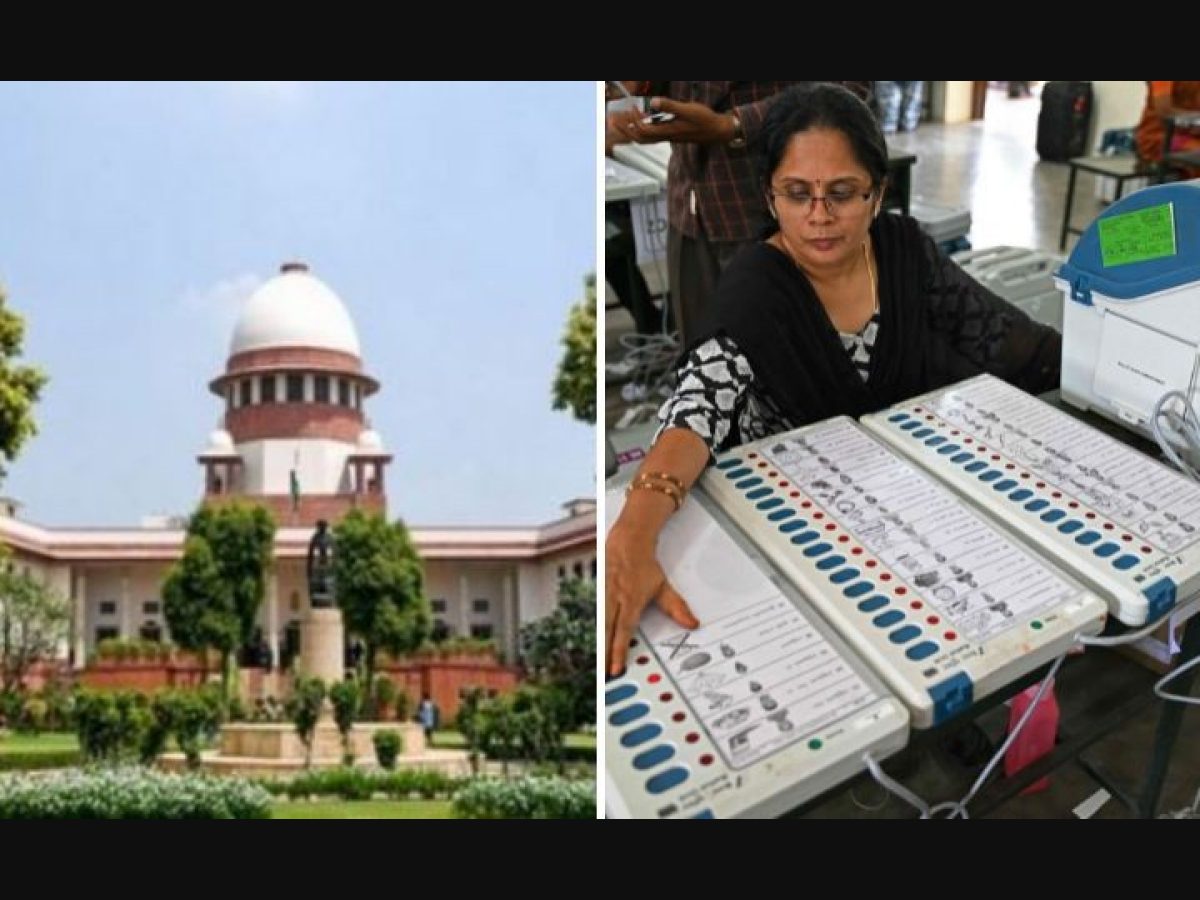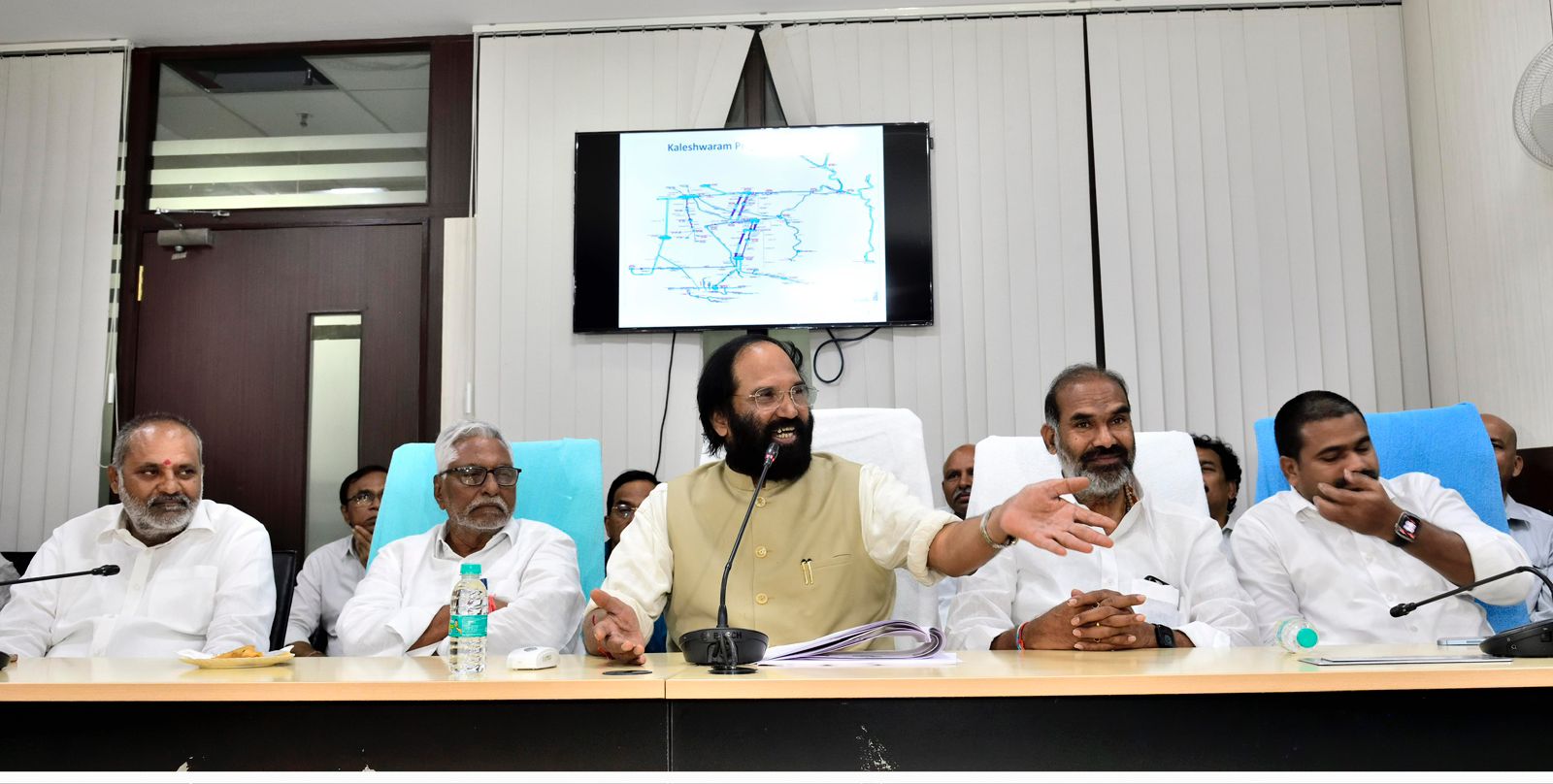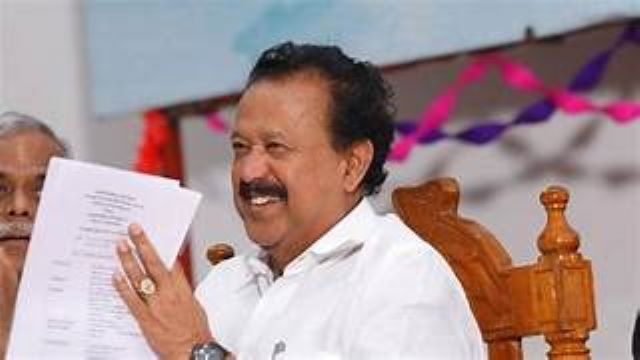‘Everything cannot be suspected’ tells SC to petitioners doubting EVM machines

New Delhi: Underscoring the importance of voter satisfaction and trust in the electoral system, the Supreme Court on Thursday told petitioners who sought its direction to go back to using ballot papers not to suspect the efficacy of Electronic Voting Machines (EVM) and appreciate if the Election Commission does good work.
A bench of Justices Sanjiv Khanna and Dipankar Datta, which reserved its verdict on a batch of pleas seeking complete cross-verification of votes cast using EVMs with Voter Verifiable Paper Audit Trail (VVPAT), said over suspicion of everything is a problem.
The VVPAT is an independent vote verification system which enables electors to see whether their votes have been cast correctly.
Advocate Nizam Pasha, appearing for one of the petitioners, said that voters should be allowed to take the VVPAT slip after casting their vote and deposit it in a ballot box. Responding to concerns about privacy, Pasha asserted, “Voter privacy cannot be used to defeat voter’s rights.”
Advocate Prashant Bhushan then suggested that the light on the VVPAT machine should remain on throughout the voting process instead of the current seven-second duration. “One possible solution is if they can’t change glass at this stage, at least the light should remain on at all times, so I can see the slip cutting and falling. No privacy will be compromised,” he argued.
Senior advocate Sanjay Hegde, also representing petitioners, proposed a separate audit to enhance the credibility of the counting process.
During the proceedings, Bhushan highlighted a report on mock poll results in Kerala, where additional votes were recorded for the BJP.
The court then asked Maninder Singh to explain this discrepancy.
Explaining the voting process, Singh, appearing on behalf of the poll body, stated that the EVM’s control unit directs the VVPAT unit to print its paper slip, which remains visible to the voter for seven seconds before being deposited into a sealed box. The machines undergo pre-polling checks in the presence of engineers.




